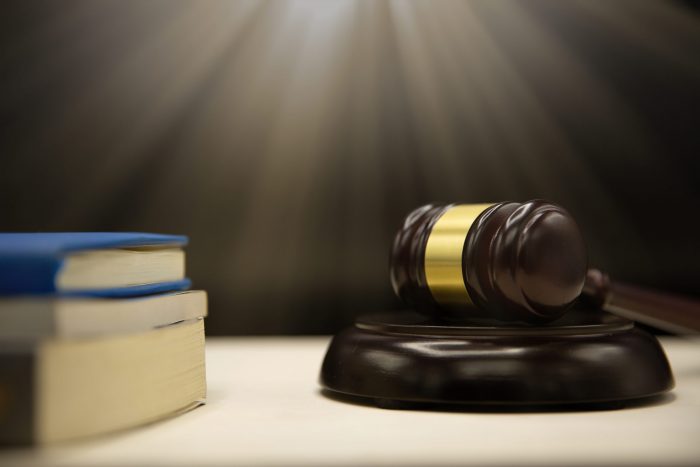Can Prior Convictions Be Used in Court?
Most people facing criminal charges feel overwhelmed and burdened with surmounting a daunting, but essential and life-altering, task. If this is not the first time the person is facing a criminal conviction, he/she may wonder how/if prior convictions can be used in the current case.
Basing a person’s guilt on past behavior is considered unfair, and there are restrictions on when and how such information can be used at trial. But, it does remain relevant for certain purposes in any subsequent criminal proceedings a person faces.
A strong criminal defense lawyer is particularly needed in these situations to nullify, or at least mitigate, the effects of past convictions on a current criminal case. All criminal cases have multiple facets that are difficult to follow and understand for the accused and his/her family. Consequently, the more information these individuals have, the better prepared they are on how to best participate and the likely outcome of the case.
With that goal in mind, an overview of the influence of prior convictions on new criminal cases will follow below.

Admissibility of Prior Offenses at Pre-Trial
Law enforcement and prosecutors will always have access to a person’s complete criminal record, adult and juvenile, even if the prior convictions were expunged. Any prior convictions can have a direct effect on the type of charges filed against someone, and whether the prosecutor would consider offering or accepting a plea bargain. California has a number of “wobbler” offenses – crimes that can be charged as either a misdemeanor or felony.
Some examples of crimes that fall into this category include:
- burglary
- assault with a deadly weapon
- spousal battery
- sex crimes
- fraud
The prosecutor considers the specific facts of the case and past criminal convictions when deciding how to charge someone accused of a crime. The seriousness and extent of prior convictions will heavily influence the prosecutor’s decision.
In addition, if a prior conviction included probation or parole, a new arrest or criminal charge could violate the terms of release and result in the person being sent to jail.
Prior Convictions Impact During The Trial Phase
During a trial, the State is generally prohibited from bringing up prior convictions to prevent past behavior from unduly influencing the jury’s verdict. This is called ‘character evidence‘ and even includes bad acts that did not result in criminal charges or convictions.
There are exceptions to the rule that excludes this evidence that tends to come into play more when a defendant decides to testify on his/her own behalf. In that situation, prosecutors may be allowed to ask about previous convictions if it relates to the person’s reliability as a witness or propensity, to tell the truth.
In addition, this type of evidence can be used to show something other than the accused committed a crime, such as that he/she:
- possessed a motive to commit the crime
- had an intent or plan to commit the crime
- had the opportunity to commit the crime
Further, some additional and important exceptions to the prohibition on the use of character evidence specifically apply to cases involving sex crimes, domestic violence, elder abuse, or child abuse.
In these cases, prosecutors are permitted to introduce evidence of previous similar crimes regardless of any testimony or evidence presented by the defense.
The Role Of A Criminal Defense Attorney
Facing criminal charges of any type is a serious situation because of the potential loss of liberty and other rights. By hiring an experienced criminal defense attorney, you greatly increase your chances of reducing or eliminating the pending criminal charges so the impact on your life is as minimal as possible.
Manshoory Law Group, APC represents clients in Los Angeles and will use all available resources to bring you the best possible result. Attorneys are available 24/7. Contact us today for a free consultation.

